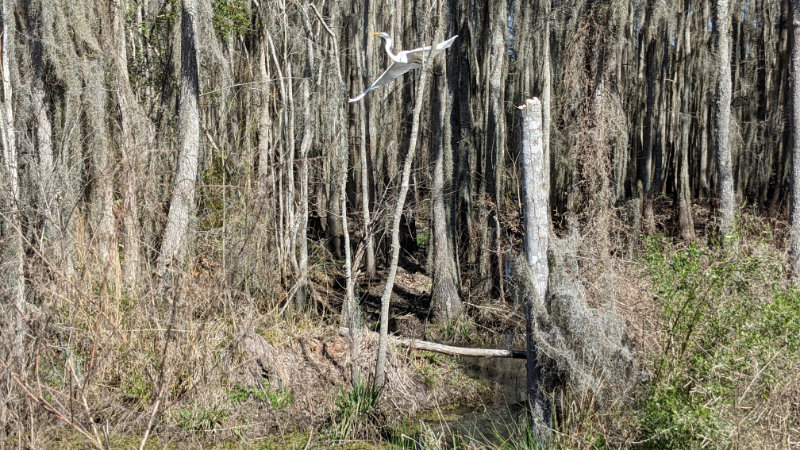Georgia Republicans in the state legislature just passed a voting omnibus bill that will effectively restrict voting access for many people in the state of Georgia. I say many ‘people’ using a generic term, but the real effect, and the intended recipients of the voting restrictions, are Black Georgians. The text of the bill tries […]


